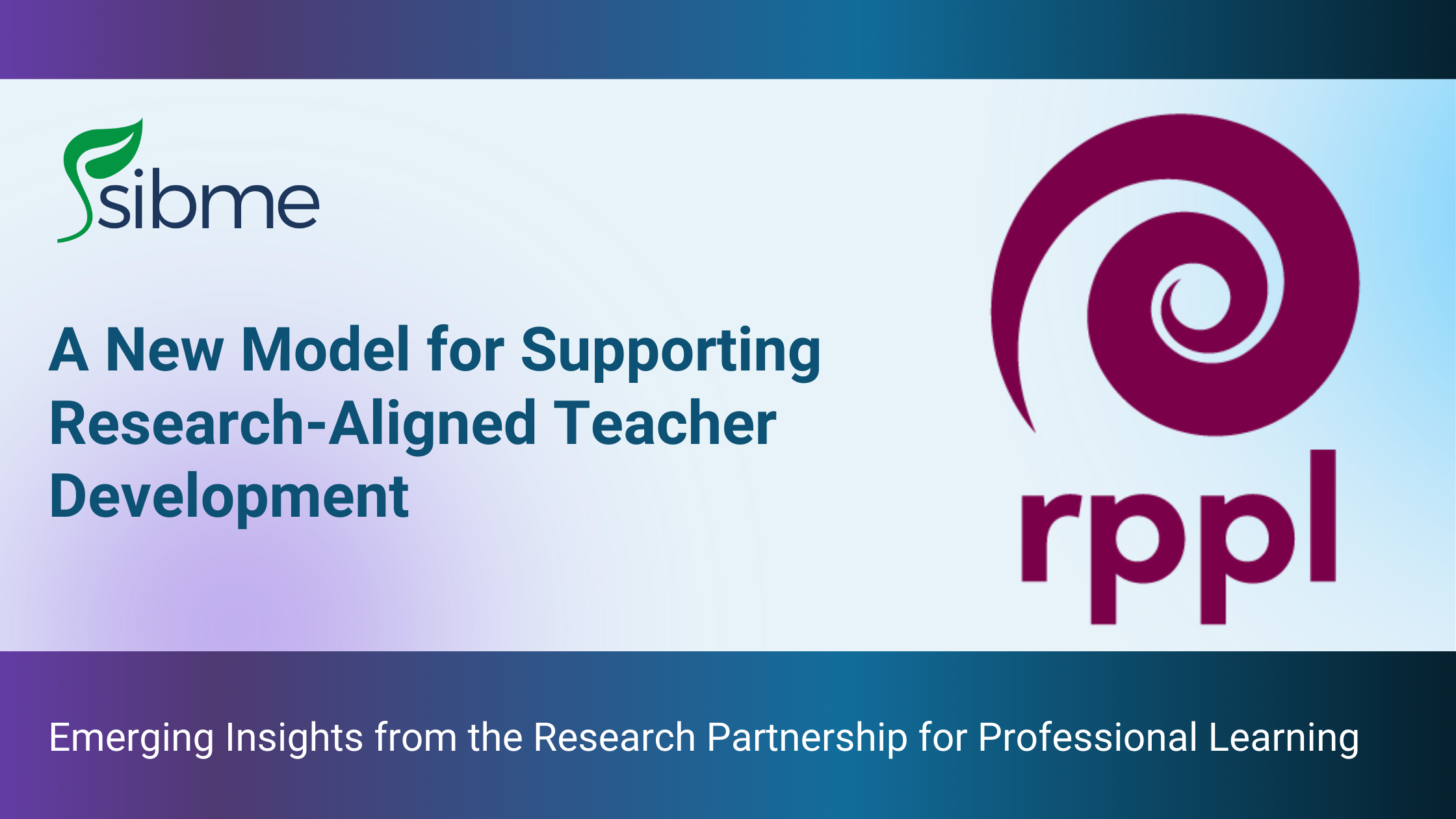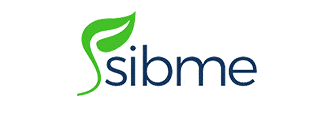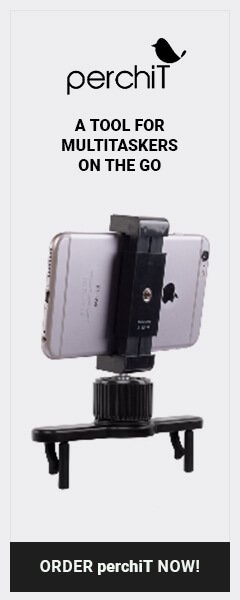
The Research Partnership for Professional Learning (RPPL) is an organization committed to advancing teacher development through evidence-based research and collaborative partnerships. As the landscape of education evolves, the need for dynamic, informed strategies in professional learning is more crucial than ever. The report offers significant insights into effective strategies aimed at improving teacher and student experiences.
Read the full text of the report here
Listen to an Audio Summary here
Brief Introduction to RPPL
RPPL’s mission is deeply rooted in understanding what works in professional learning, for whom, and under what conditions. The organization collaborates across a network of educational institutions and stakeholders to conduct studies and share insights for broader field-wide learning.
Emerging Insights on Effective PL Strategies
RPPL compiles findings from multiple studies focusing on key strategies that enhance teacher development and student outcomes.
- Robust Support for Teacher Development
Teacher development thrives on structure and consistency.. Programs that provide ongoing, structured support for teachers are shown to be effective. This support might come in the form of ongoing coaching, feedback sessions, and opportunities for teachers to reflect on and refine their instructional practices.
Sibme offers scalable, blended learning spaces that ensure teachers, coaches, and leaders remain organized within a consistent system. This structure means equitable access to support and ongoing, manageable professional development for educators at all levels. With Sibme, schools can efficiently maintain that sought-after balance between scalability and customization.
2. High-Quality Instructional Materials
High-quality instructional materials (HQIM) are essential for effective teaching practices. The report highlights the need for tools that evaluate fidelity to these materials.The use of HQIM in professional learning initiatives underscores the importance of using well-researched and proven educational materials. These materials aid teachers in delivering effective instruction.
Sibme provides the ability to review teaching practices alongside instructional materials using its AI Insights. Educators can analyze the fidelity of their implementation, ensuring alignment with HQIM for better educational outcomes. This level of inspection and adaptation is crucial for maintaining the integrity of instructional goals and measuring their impact.
3. Focus on Teacher-Student Relationships
Strong teacher-student relationships are integral to educational success. Programs that emphasize improving teacher-student relationships are found to be particularly successful. Research highlighted in the report suggests that enhancing these relationships can lead to significant positive outcomes (Gehlbach et al., 2023; Gregory et al., 2017; Okonofua et al., 2022; Poling et al., 2022).
By capturing and analyzing evidence from classroom interactions, Sibme offers educators a clearer view of the quality of teacher-student relationships. With Sibme’s, schools can gather actionable, real-time data that surpasses traditional data sources in portraying classroom dynamics.
4. Adaptation and Fidelity
The report indicates that while maintaining fidelity to program models is crucial, allowing room for adaptation to meet local needs and contexts can enhance effectiveness. The ability to tailor programs while staying true to core principles is a key factor in successful implementation.
Sibme’s flexible coaching services and software platform can be customized to meet the needs of any context. And by capturing evidence of implementation throughout, you can evaluate fidelity on an ongoing basis, allowing for adjustments while avoiding the scope-creep that can sometimes happen without greater oversight.
5. Collaborative Learning
Collaboration is vital among educators but often hindered by time constraints. Encouraging teachers to engage in collaborative learning experiences where they can share insights, discuss challenges, and support each other is identified as a beneficial strategy. Team-based learning and professional learning communities (PLCs) play a pivotal role.
Sibme provides a platform for both synchronous and asynchronous collaboration, enabling teachers to engage with peers from anywhere. By focusing on real classroom artifacts, it ensures that collaboration revolves around concrete evidence of teaching and learning.
6. Extended Duration and Continuous Support
Professional learning that spans over an extended period (rather than one-off workshops) and provides continuous support is more likely to be effective. Sustained engagement ensures that teachers can implement and refine new strategies.
Sibme simplifies the capture of learning evidence, allowing educators to reflect on their progress seamlessly. With readily available analytics, educators can visualize growth trajectories without the burden of remembering every discussion or lesson detail.
7. Active Learning Opportunities
Active learning is more impactful than passive, theoretical learning experiences. Strategies that involve active learning components, such as interactive workshops, simulations, and practical application sessions, are particularly effective. These opportunities help teachers to actively engage with new concepts and practices.
As a leader in practice-based professional learning, Sibme focuses on turning insights into actionable change. Its comprehensive tools ensure that learning activities remain dynamic, engaging, and grounded in real-world application.
Conclusion
The RPPL Report emphasizes strategies that not only support teacher development but enhance the overall quality of education. By aligning these insights with Sibme’s innovative solutions, educators and institutions can foster environments that prioritize effective teaching practices, robust relationships, and ongoing growth. Together, RPPL’s findings and Sibme’s platform promise to elevate educational outcomes in meaningful and sustainable ways.

